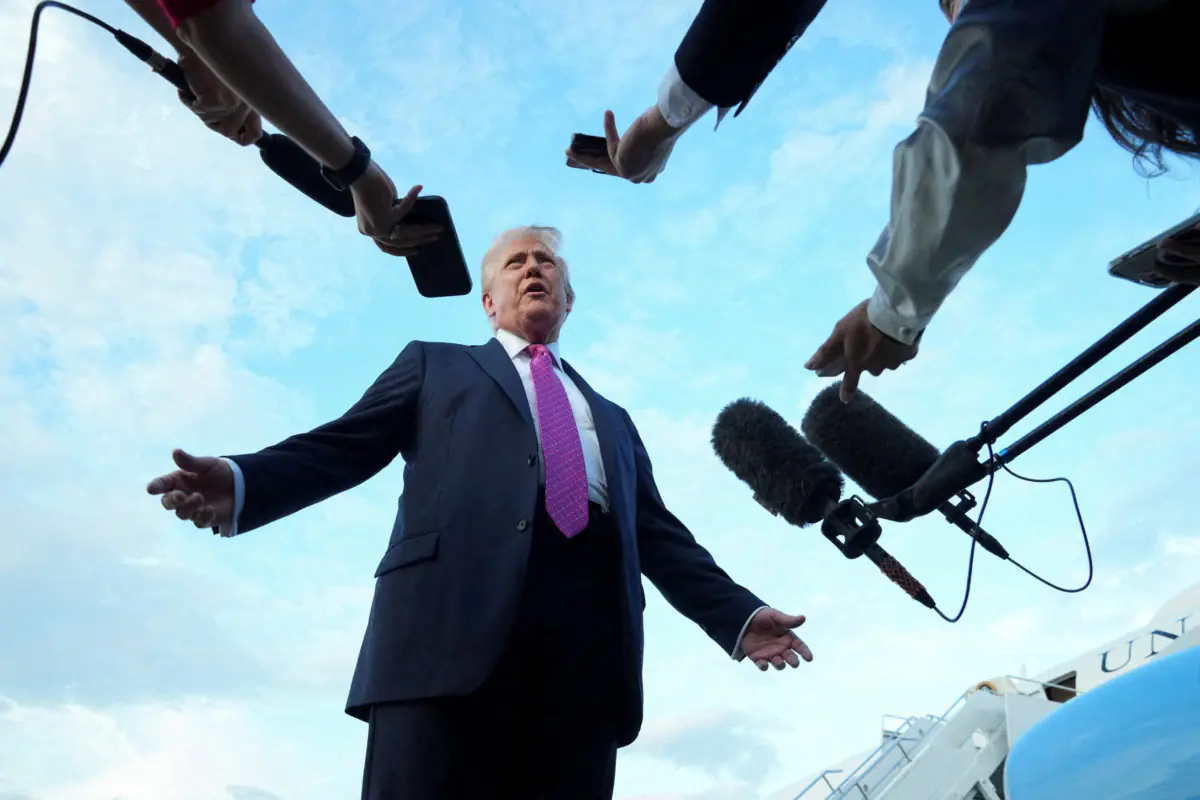The recent actions of the U.S. military, authorized by President Donald Trump, have once again targeted boats allegedly transporting narcotics from Venezuela, resulting in the fatal shooting of three individuals on board. President Trump, taking to social media platform Truth Social, justified the strike by emphasizing the imminent threat posed by these confirmed narcoterrorists from Venezuela, purporting that their illegal activities not only undermine American security but also directly endanger the lives of its citizens.
This latest military intervention follows a similar strike carried out two weeks prior, which claimed the lives of 11 individuals aboard a drug-carrying speedboat. The Trump administration has defended these strikes as essential measures to curtail the inflow of illicit drugs into the United States, but voices of dissent, including several senators from both political parties, have raised concerns regarding the legality and appropriateness of such action. The utilization of military force for law enforcement purposes has sparked debates over the extent of executive authority and the boundaries of national security imperatives.
Secretary of State Marco Rubio, echoing the administration’s stance, has reiterated the rationale of self-defense as a legitimate basis for the military strikes, citing the immediate threat posed by drug cartels to the nation. Identified targets, such as the Venezuelan gang Tren de Aragua designated as a terrorist organization, highlight the severity of the drug trafficking menace that the U.S. seeks to combat through strategic military interventions.
While the U.S. officials have signaled a forthcoming series of military strikes against drug targets as part of a larger offensive on these cartels, criticism persists around the justification for such preemptive actions. Questioning the role of Nicolas Maduro, the embattled leader of Venezuela, in perpetuating the drug crisis, American lawmakers and administration officials underscore the urgency of dismantling these criminal networks that operate with impunity.
The deployment of U.S. warships to South America signifies a broader commitment to eradicating drug-related threats and safeguarding U.S. interests in the region. The resolute position of President Trump and his administration reflects a steadfast resolve to confront these illicit activities head-on, even as legal and ethical considerations continue to shape the discourse surrounding the use of military force in combating drug trafficking.
In conclusion, the recent military strikes by the U.S. against drug-carrying vessels from Venezuela underscore a decisive stance against the pernicious influence of narcoterrorism on American soil. As the nation grapples with the complexities of national security and international intervention, the actions taken by the Trump administration signal a proactive approach to safeguarding American lives and interests from the scourge of illegal drugs.

